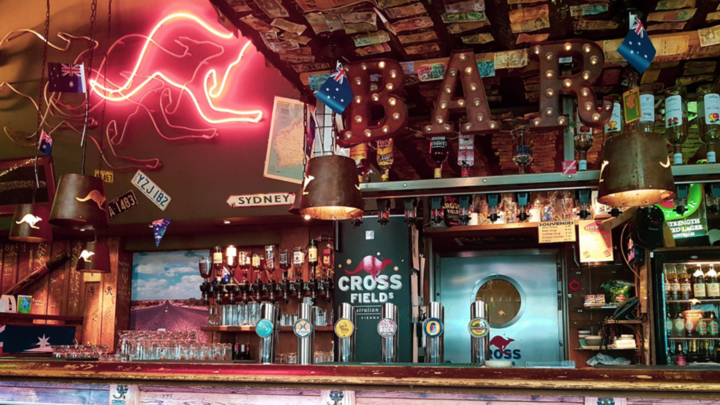Australian distillers and brewers are calling for action from the local government following the introduction of a new increase in alcohol duty rates.
The nation's excise tax coming into play from today (5 August) sees prices rise 2% for spirits and beer products.
Australia's government said the increase falls in line with its consumer price index (CPI) which rose 1% in the last quarter according to the National Bureau of Statistics.
Duty on spirits with an abv exceeding 10% has gone up to A$103.89 (US$66.98) per litre of alcohol, while for brandy this increases to A$97.02.
Brewers producing beers under 3% abv have seen taxes go up to A$52.66 per litre of alcohol, on individual containers under eight litres as well as containers under 48 litres that don't connect to a pump or pressurised gas dispensing system.
For kegs holding greater volumes, or linking up to pressurised gas or pump delivery, the duty stands at A$10.53 per litre.
Meanwhile, stronger beers above 3.5% abv are being taxed A$61.32 per litre of alcohol on individual containers under 48 litres, and A$43.22 per litre for containers holding more.
Australia's consumer goods have been taxed in line with the country’s CPI indexation by the Australian Tax Office since the move was introduced by Bob Hawke’s government in 1984.
Earlier in February, duty on one litre of pure alcohol had been scheduled to be raised from A$100.05 to A$101.85, which had resulted in spirits industry bodies calling on the government to freeze any future taxation.
Industry response
Reacting to the latest tax hikes today (5 August), Australian Distillers Association chief executive Paul McLeay said: “The continued government inaction on this issue is incredibly frustrating for our industry, which already contributes A$15.5 billion in added value to the Australian economy and supports more than 100,000 jobs”.
He stressed that a freeze in spirits tax was urgently needed, as well as “partnering with industry to create an export body for spirits, just as it has done so successfully with Wine Australia over recent decades”.
Craig Michael, director of the Bellarine gin distillery in Victoria added that his business now faces taxes that are A$25 per litre greater than when the company began distilling in 2015.
“These six-monthly increases are becoming increasingly difficult for our business to sustain, and they are impossible to plan for,” Michael said.
“How can we accurately undertake financial modelling and make business decisions if we don’t know what tax rate we will be paying in six months’ time?”
Australian beer sector representatives are also worried about how continuously increasing duty will affect smaller businesses specifically.
According to the Independent Brewers Association (IBA), while the excise increase will likely not pose problems for “the foreign-owned duopoly that controls the Australian beer market”, smaller brewers “cannot keep absorbing the ballooning costs of making beer without increasing the price of their beer – this means, being able to support your local will be soon out of reach for many and job losses will continue”.
It added: “Every cent that independent brewers spend on excise is money they cannot invest back into their staff, innovation, sustainability or supporting their communities.
“They also do not want to pass these costs on to consumers but they may be forced to as the cost of materials, energy and freight still making it almost impossible to keep these Australian owned small businesses alive.”
The IBA also pointed to excise relief measures for craft brewers in place in the UK and Canada as an example of local governments that “understand the value their industries bring to communities”.
The excise increase marks hike of more than 10% since the last federal election in 2023, according to the Brewers Association of Australia, which its CEO John Preston, said “shows that these tax hikes are becoming out of control”.
He added: “We don’t believe these increases are now actually raising any more money for the government. They are just hurting beer drinkers and our pubs and clubs.”
Smaller drinks producers are already operating in a highly volatile environment in Australia. In July, Mighty Craft, the publicly listed Australian drinks business, announced it was appointing administrators, as did the Melbourne-based Lotus Beer Collective.
Later that month, local alcoholic RTDs and cordials producer Billson's Beverages also revealed was heading into administration after facing "vast and incomprehensible” challenges in 2024.









